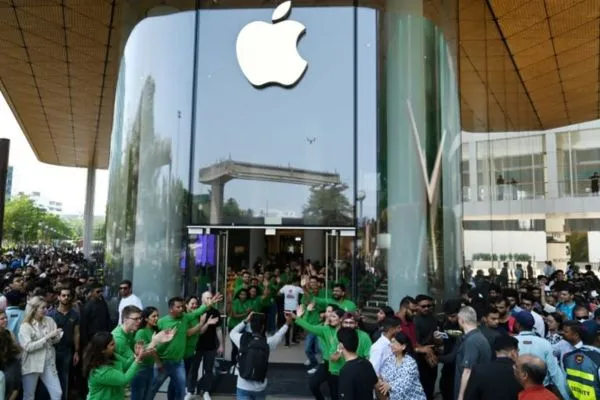Following the publication of screenshots by a Twitter developer that demonstrated Elon Musk’s WhatsApp microphone being utilised while he was asleep, Elon Musk stated that the messaging service cannot be trusted. Musk shared additional information on the new capabilities that are coming to the platform, including the addition of calls and encrypted messaging.

Elon Musk has indicated that it is not possible to trust WhatsApp after a Twitter developer claimed that the messaging service had been using the programmer’s microphone in the background as he slept. A screenshot of the Android dashboard was provided by the Twitter employee as evidence to support the claims he made. In response to the tweet, Musk stated that one should not place their trust in the platform. On the other hand, the CEO of Twitter is working on integrating capabilities similar to those found on WhatsApp, such as voice and video calling, into Twitter.
A developer for Twitter named Foad Dabiri was the one who uploaded the screenshot to Twitter, which showed a dashboard for Android. The snapshot suggests that between the hours of 4:20 and 6:53 in the morning, WhatsApp had access to his microphone while it was running in the background.
In response to the remark, Elon Musk tweeted back, “WhatsApp cannot be trusted.”
In the meantime, Musk recently announced in a tweet that he would be adding functionality to Twitter that was similar to that of WhatsApp. Users of Twitter will soon be able to respond to any message in a Twitter thread by sending a direct message, also known as a DM, and using “any emoji.” In addition, users will soon be able to make audio and video calls over Twitter, much like what is now available through WhatsApp.
During this time, WhatsApp acknowledged the problem in a tweet and explained that it was due to a fault in Android that “mis-attributes information in their privacy dashboard.” The device that the user was using was a Google Pixel, and WhatsApp states that it has contacted Google to ask them to investigate the issue and provide a remedy. In a subsequent tweet, WhatsApp noted that users have “full control” over the settings of their microphone and that the microphone is only utilised when a call is being placed, when a voice note or video is being recorded, or when the user is recording themselves speaking.